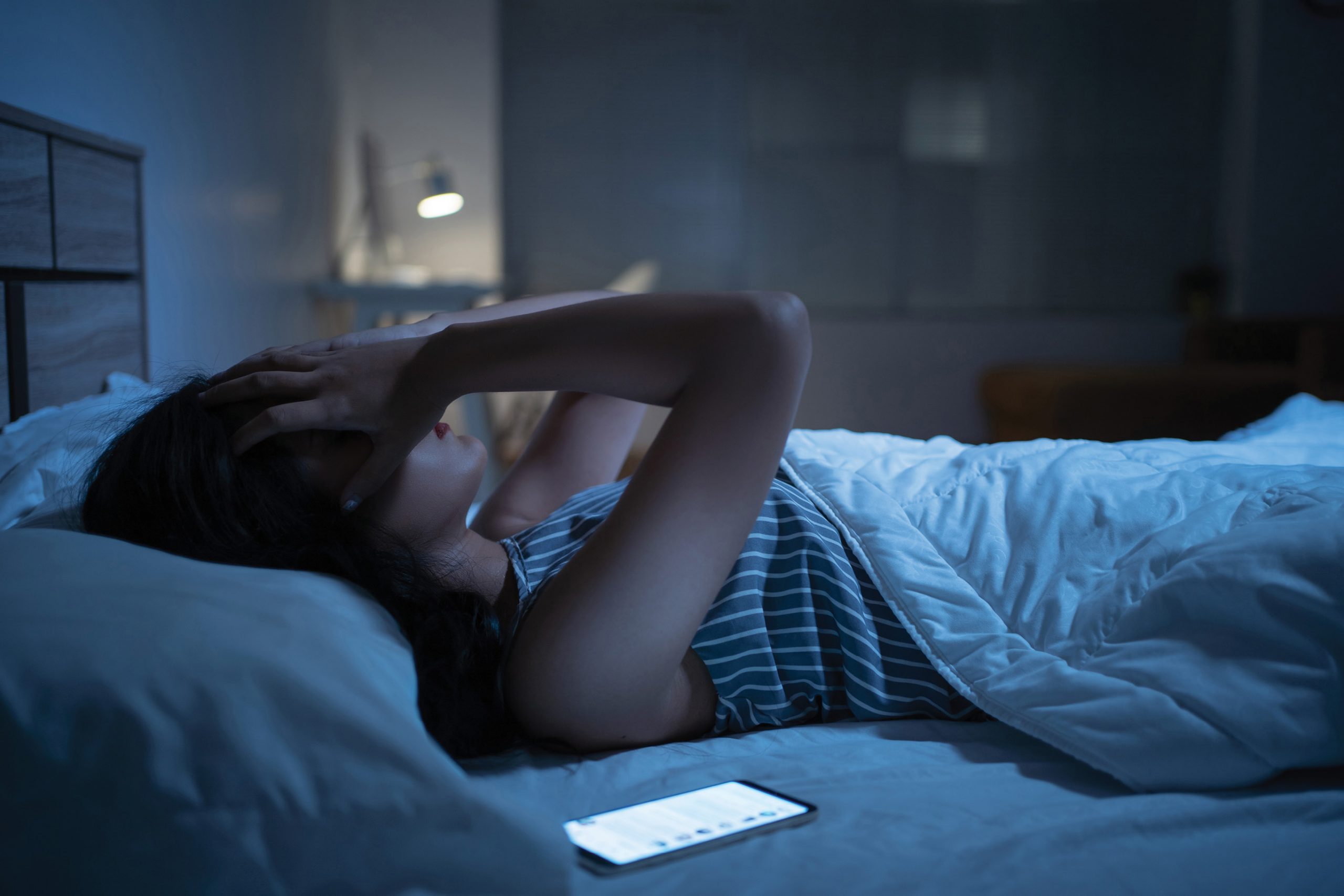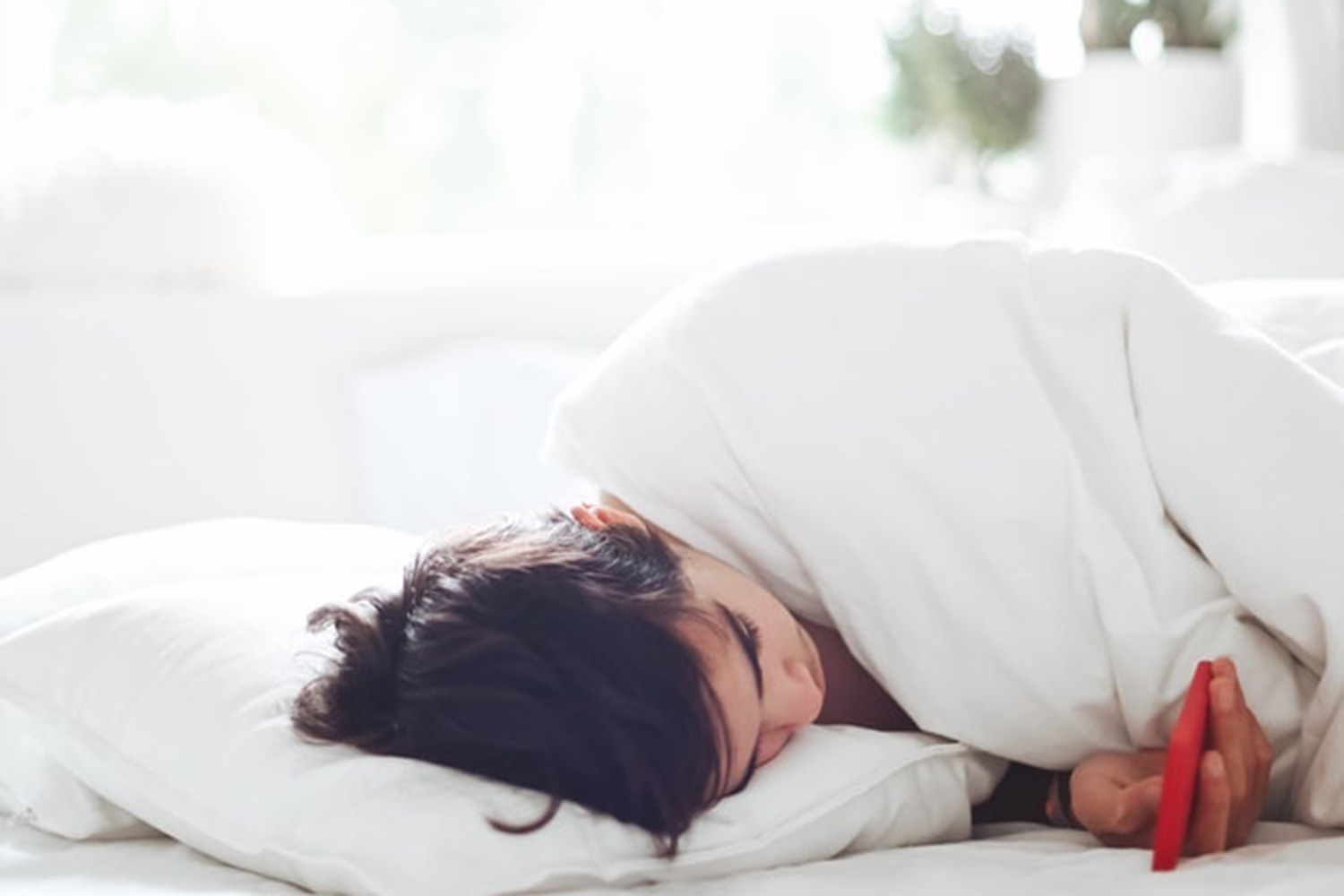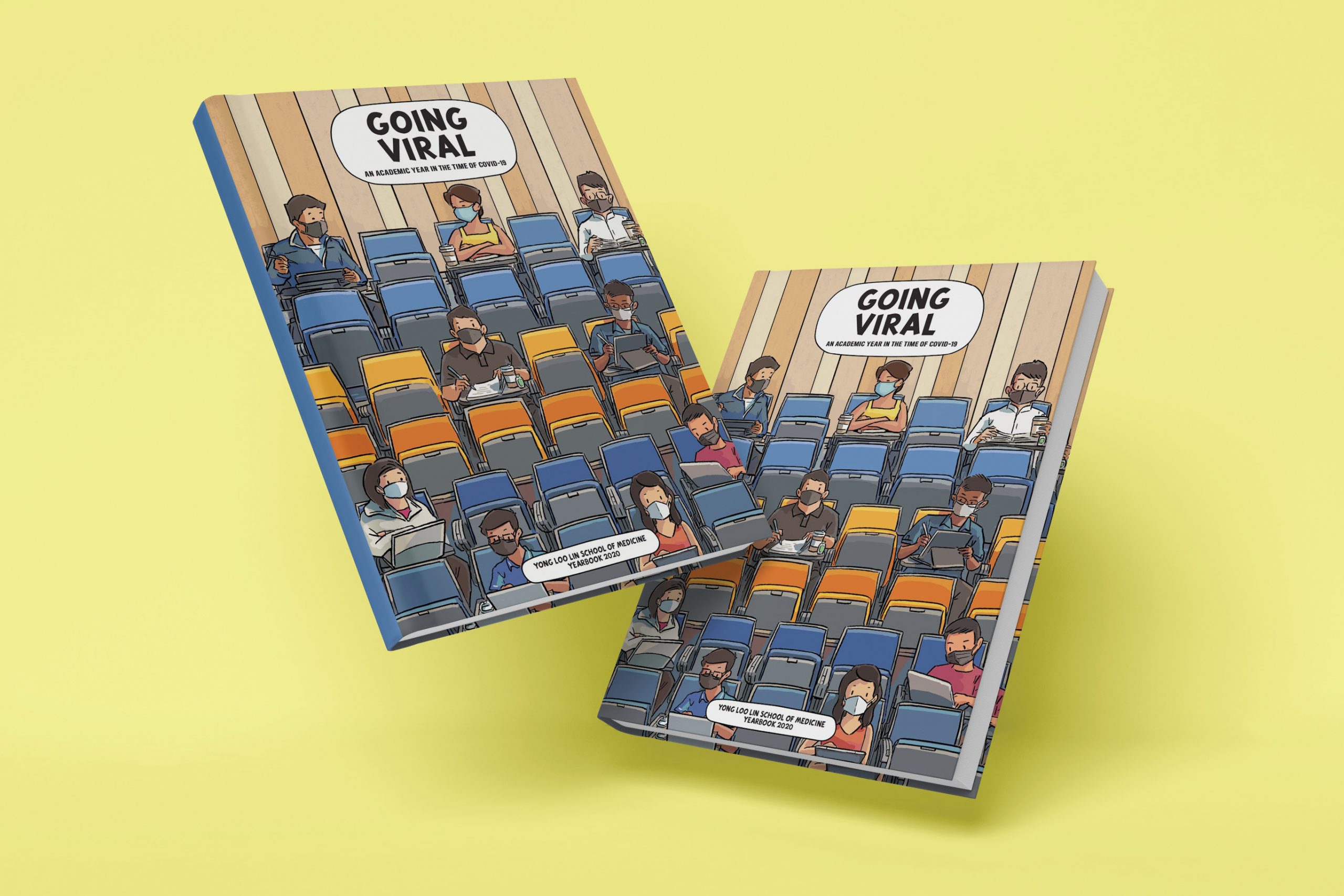
Issue 39 / August 2021
Insights
Don’t Slip Up on Sleep

The benefits of good sleep are well known. After a poor night of sleep, we feel groggy, moody, and we have trouble staying focused. There is enough evidence that people do not perform their best when they are not well-rested.
et, many of us find ourselves regularly going to bed later then we had intended. Even if we have a busy day ahead, we may be tempted to stay up later than we know is good for us.
Bedtime procrastination, as this phenomenon is called, was first described by Dutch psychologist Dr Floor Kroese and refers to a pattern of choosing to go to bed later than intended despite being aware of negative consequences.
This behaviour was found in 53% persons in the original Dutch study in 2014. In the research work we conducted among Singaporean adolescents, university students, and working adults, 28% of 321 respondents indicated that they occasionally go to bed later than intended, while 55% reported frequently struggling with this.
People often find it hard to disengage from their activities and go to sleep. When we are catching up on our favourite drama shows, it may not seem so important to be fresh the next morning.
Just one more episode
In this era of digital media, it is hardly surprising that people feel tempted to stay up late. The internet provides an endless offering of entertainment, education, and everything in between.
Studies have shown that using e-devices close to bedtime can disrupt sleep and push back bedtime. Phones can have an alerting effect due to the content and light emitted. Often, we are just engrossed in the media, and we cannot resist the urge to watch just one more YouTube clip.
Our data shows that people who use their phones more heavily during the hours before bedtime, sleep later by 40 minutes on average, compared with a group of light phone users.
Furthermore, 65% of respondents indicated that scrolling their phone, or engaging with some types of electronic media, was one of the activities that kept them from going to bed on time.
Bedtime
procrastination
28%
of Singaporeans
surveyed indicate
that they occasionally
go to bed later
than intended
55%
of Singaporeans
surveyed report
frequently struggling
to go to bed
on time
65%
of Singaporeans
surveyed indicate that
scrolling their
phone or engagement
with electronic media
were among activities
that kept them
from going to
bed on time
Sweet revenge
Another factor that may influence our sleep habits is our work or school pressure. A Duke-NUS study found that Singaporean secondary school students spent on average 2.9 hours a day on homework during weekdays and 4.5 hours during weekends. Time spent on homework was directly related to shorter time spent in bed for sleeping. On weekdays, the primary precondition for going to sleep, was that homework was finished.
Browsing our phones might be the last thing that we do before sleeping, but often the time before that is packed with school and work assignments. In our data, after digital media, finishing school or work assignments was the second most often mentioned reason for bedtime procrastination.
Moreover, high pressure and packed schedules could drive us to further push back our sleep, as we seek to regain some “me time”. This phenomenon has recently become known as “revenge bedtime procrastination”.
Popularised on Chinese social media, many people describe how they feel the strong need to reclaim time for themselves, freeing themselves from the constant demands of their jobs.
One respondent in our study described it, “…after the kids are in bed, and household chores are done, after that, I need some time to relax. Watching videos, reading online. That keeps me happy.”

What can we do about it?
While it is easy to recognise the issue, it is harder to prevent it. Here are some things that we can do to counter the urge to procrastinate our bedtime.
First, have a planned bedtime, and have a bedtime plan. Adolescents whose parents set bedtime sleep significantly longer than those whose parents do not. But equally important is to have a plan in mind on how to go about it. What time should you get ready for bed? When should I put down my phone? What are the obstacles to achieving my plan?
Be intentional about limiting screen time before bed. Start a movement among your friends not to message, except for emergencies, past 10pm.
Second, plan to get some physical exercise. Only 35% of Singaporeans exercise regularly and overall, 44% of physical activity comes from commuting which has been significantly reduced as a result of hybrid work. Moderately intense aerobic exercise benefits sleep and often exposes one to natural light. Morning light exposure perks up the brain and keeps our circadian clock from drifting to seeking later bedtime.
Third, there needs to be a sea change in how we influence one another about after-hours work. The potential time savings and work-hour productivity gains from not having to battle through the daily commute should be gains. Both employees and managers should co-operate to complete planned tasks in a timely fashion. Homework can be cut if learning is paced in a manner that accommodates different learning rates to ensure thoughtful assimilation. This will leave time for all to collectively reflect on how to be more effective instead of merely ticking off checkboxes. Everyone should collectively review the hosting of serial virtual meetings where participants are mentally absent. Consideration should also be given for time and energy chipped away by childcare and home-based learning.
Lastly, we should be aware that, in the modern economy, our waking hours have become a commodity. Netflix CEO Reed Hastings once said that the company’s biggest competitor is sleep. Companies are competing for your engagement and will fight for every opportunity to do that. Whether through dwelling on whether to make that online purchase, e-games, video streaming, sports offerings or e-gossiping, the addictive nature of engaging in any or all of these activities is something few can resist. By cutting your sleep, you may become the victim of your own revenge.
This commentary was earlier published on channelnewsasia.com on 15 June and has been edited for MediCine.




